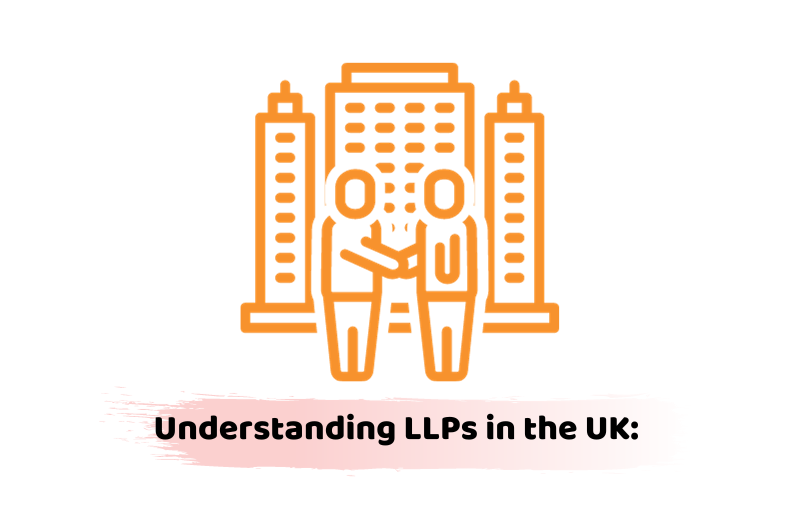Limited Liability Partnerships (LLPs) have emerged as a popular business structure in the UK, combining the flexibility of partnerships with the benefits of limited liability for its members. This article delves into what an LLP is, examines if non-residents can be members, explores the tax obligations of LLPs, and outlines the filing and statutory requirements for both LLPs and their members in the UK.
What is an LLP in the UK?
An LLP in the UK is a unique business entity that blends elements of partnerships and corporations. Unlike traditional partnerships, LLPs offer their members protection from personal liability, meaning personal assets are typically not at risk if the business incurs debt or faces litigation. This structure is particularly favored for its operational flexibility and tax efficiency. Members of an LLP can manage the business directly, unlike corporate shareholders, and can agree on how to share profits through a partnership agreement.
Can a Non-Resident be a Member of a UK LLP?
The UK’s inclusive business environment allows non-residents to become members of an LLP. There are no nationality or residency restrictions for LLP membership, making it an attractive option for international entrepreneurs and investors. However, non-resident members must adhere to specific tax obligations and reporting standards in the UK, and it is advisable to seek expert advice from firms like ACCOTAX to navigate these complexities.
Does LLP Pay Taxes in the UK?
LLPs themselves are not subject to corporation tax in the UK. Instead, the tax liability passes through to the individual members. Profits earned by the LLP are divided among members as per the agreed terms and are taxed as personal income. Members, therefore, are responsible for paying Income Tax and National Insurance Contributions on their share of the profits. This tax transparency can offer advantages in terms of tax planning and efficiency.
Filing/Statutory Requirement of an LLP in the UK
LLPs are required to file annual accounts and a confirmation statement with Companies House, detailing their financial activities and confirming the accuracy of their registered information. These documents must be submitted within specific deadlines to avoid penalties. It’s crucial for LLPs to maintain accurate records and adhere to these filing requirements to ensure legal compliance.
Statutory/Filing Requirement of Members in the UK
Individual members of an LLP must fulfill their personal tax obligations by filing a Self-Assessment tax return annually. This includes declaring their share of the LLP’s profits and any other income. Non-resident members should be particularly cautious of their tax position in the UK and may need to comply with additional regulations depending on their country of residence.
Conclusion
Understanding the nuances of operating an LLP in the UK is essential for compliance and optimal business performance. From membership eligibility to tax obligations and statutory filings, LLP members must stay informed and diligent. For expert guidance and personalized assistance, engaging with ACCOTAX.co.uk is highly recommended. Additionally, regularly checking the HMRC ‘Agent Update’ page ensures staying up-to-date with the latest tax information and regulations.
Disclaimer: Remember, this content provides a general overview and is intended for informational purposes. For specific advice and assistance tailored to individual circumstances, contacting ACCOTAX.co.uk or consulting directly with tax professionals is advisable. Keeping abreast of the latest updates from HMRC is also crucial for ensuring compliance and making informed decisions.





















































